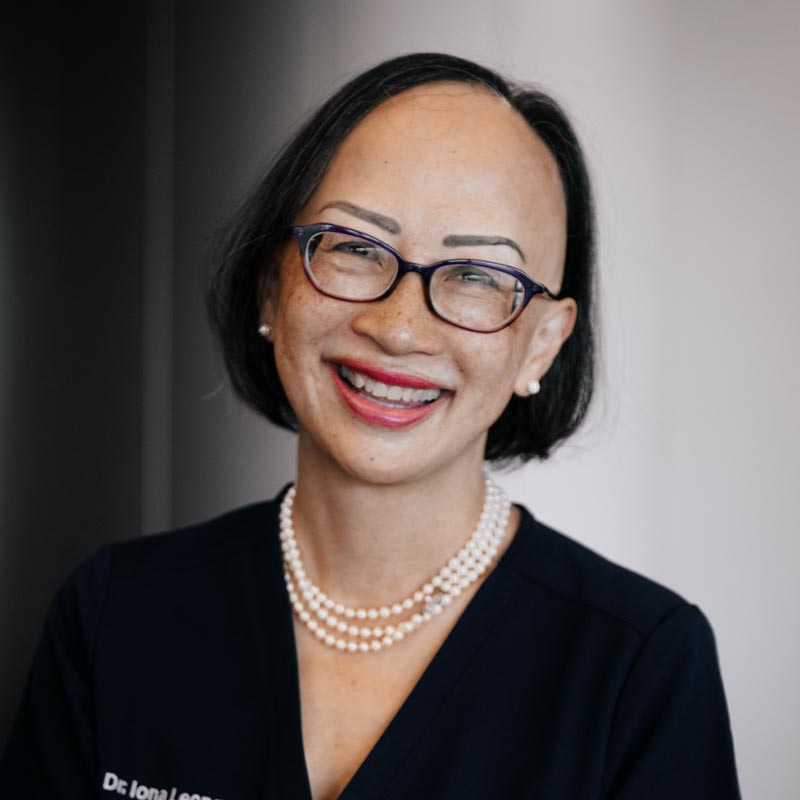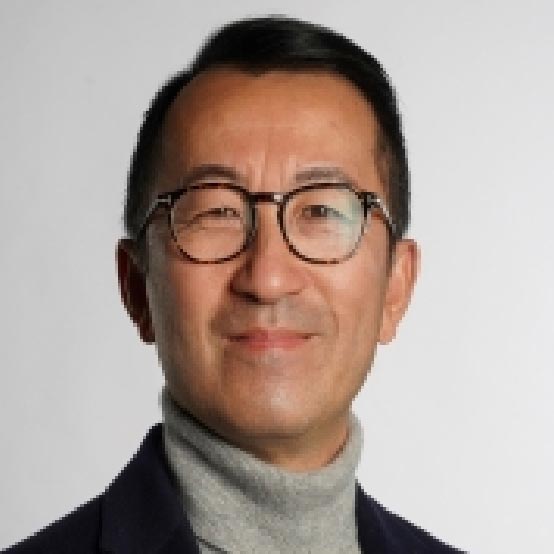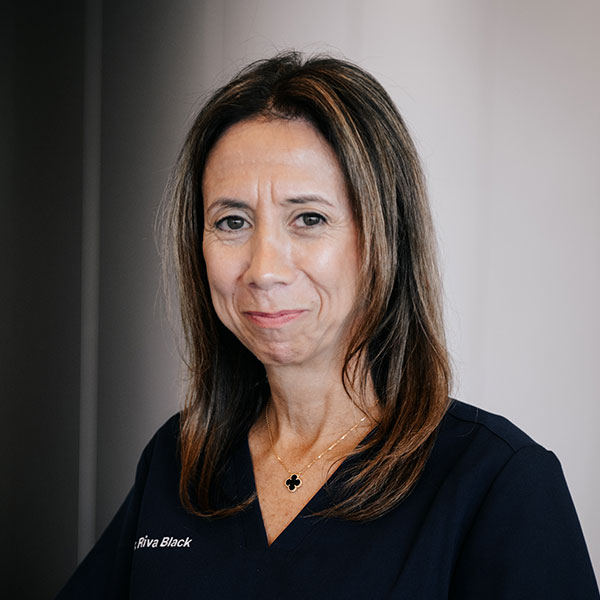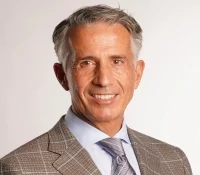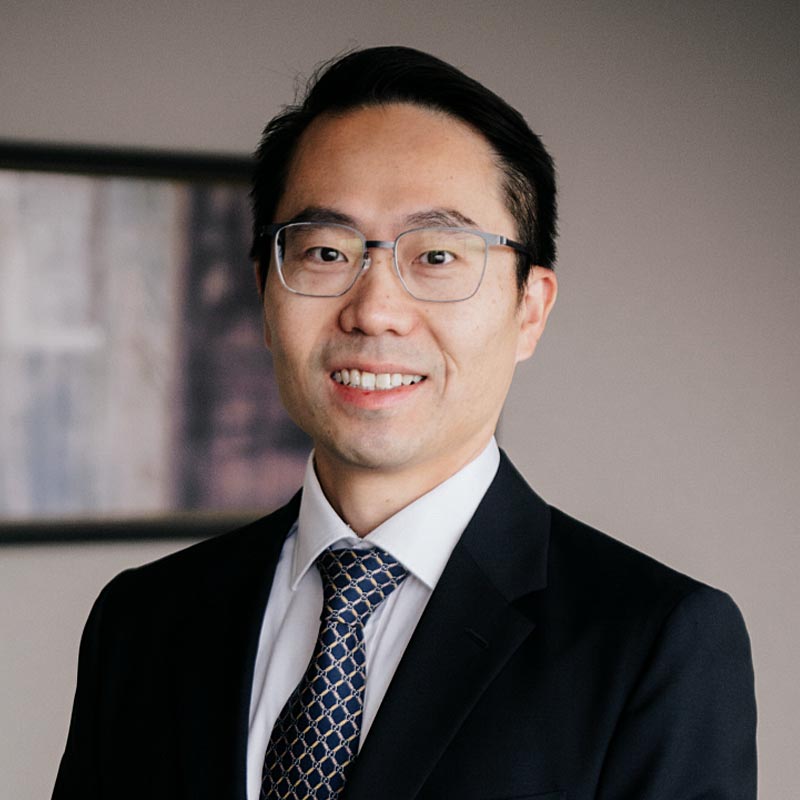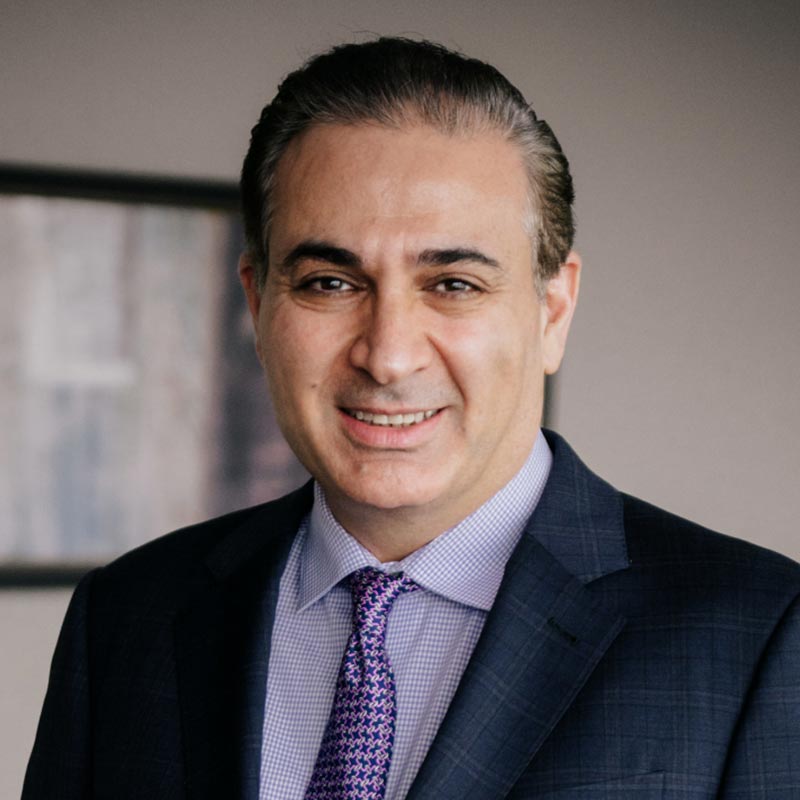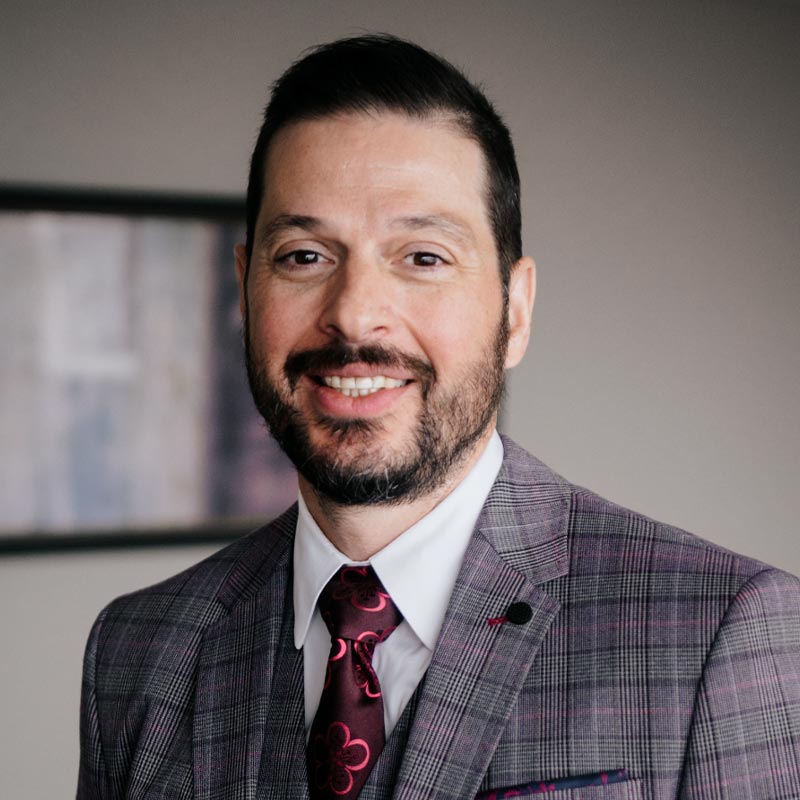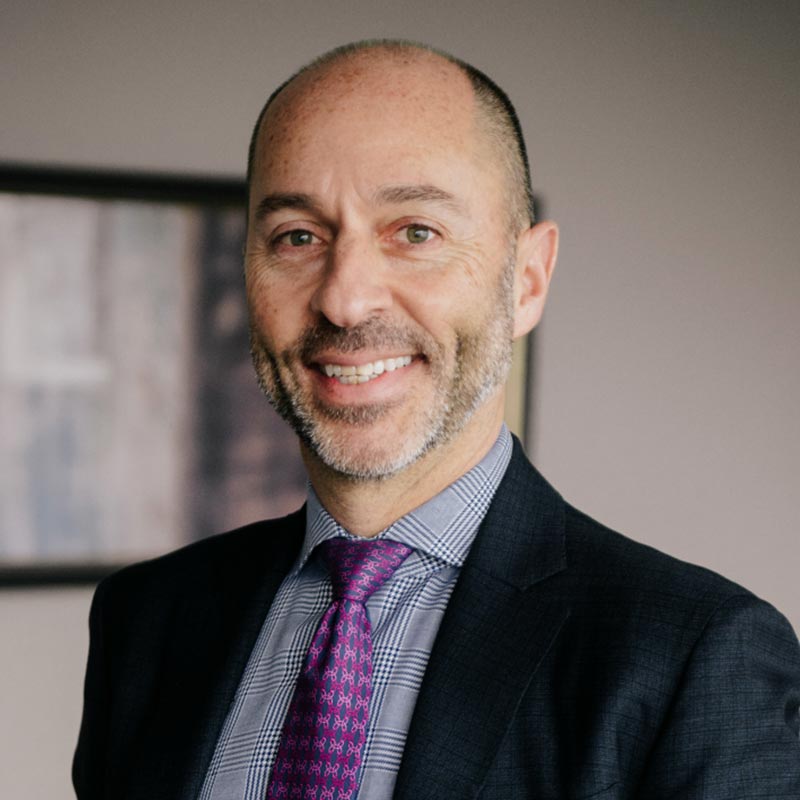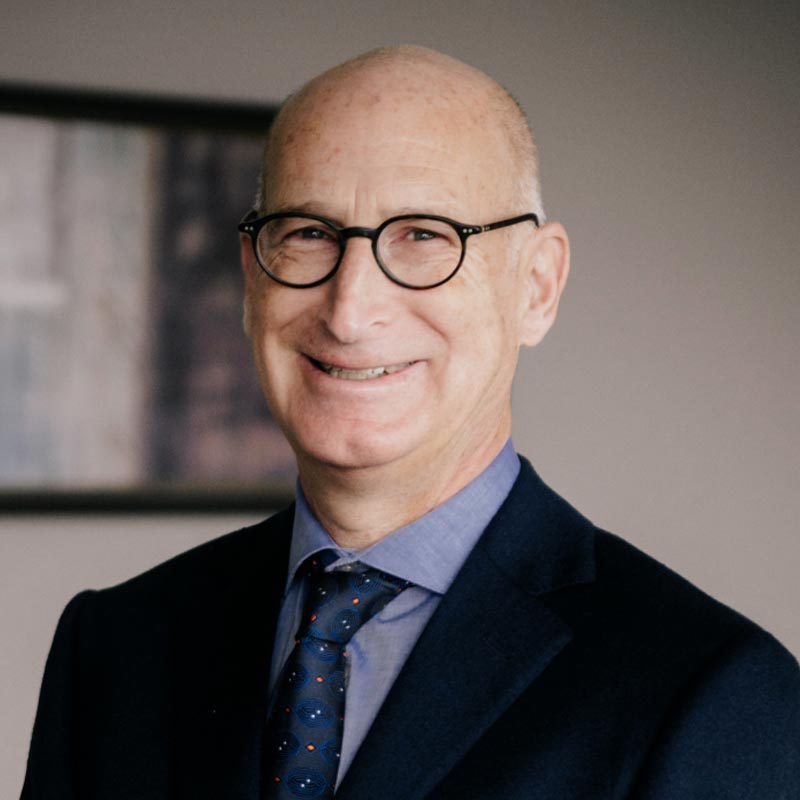Bleeding Management:
- A small amount of bleeding is normal after oral surgery.
- If bleeding occurs:
- Place a gauze pad directly over the bleeding socket and apply biting pressure for 30 minutes.
- If bleeding continues, use a moist tea bag for 30 minutes.
- Avoid hot liquids, exercising, and elevating the head if bleeding occurs.
- If bleeding persists, contact our office immediately.
- Do not remove immediate denture unless bleeding is severe; expect some oozing around the denture.
Swelling and Pain Management:
- Use ice packs externally on the same side of the face as the operated area for the first 36 hours.
- For mild discomfort, use aspirin, Tylenol, or similar medication every three to four hours.
- Ibuprofen (Advil, Motrin) can be taken every three to four hours.
- For severe pain, use the prescribed medication; contact the office if pain persists after two days.
Medication and Fluid Intake:
- Finish the full course of antibiotics, if prescribed.
- Drink at least six glasses of liquid on the first day to replenish from lost blood.
- Restrict your diet to liquids and soft foods initially, expanding as wounds heal.
Oral Hygiene and Denture Care:
- Do not rinse your mouth for the first postoperative day or while bleeding.
- After the first day, use warm salt-water rinses every four hours and after meals.
- Rinse dentures three to four times a day after adjustment.
- Keep lips moist with ointment like Vaseline if corners of the mouth dry out and crack.
Expected Conditions and Follow-Up:
- Swelling and discoloration around the eye may occur, peaking in two days; apply a warm moist towel to reduce discoloration.
- Sore throat may develop due to swelling into throat muscles; should subside in two to three days.
- Slight elevation of temperature for 24-48 hours is normal; contact the office if elevated temperature continues.
- Immediate dentures may cause sore spots; visit the dentist for adjustments within 24-48 hours post-surgery.
For assistance, contact our offices:
Toronto: (416) 752-5222
Richmond Hill: (905) 889-8006
Aurora: (905) 713-9990
For emergencies, reach out to Mount Sinai Hospital:
Dr. Brian Rittenberg: (416) 586-4800 (extension 7939)
Drs. Reinish, and Lee: (416) 586-8333



